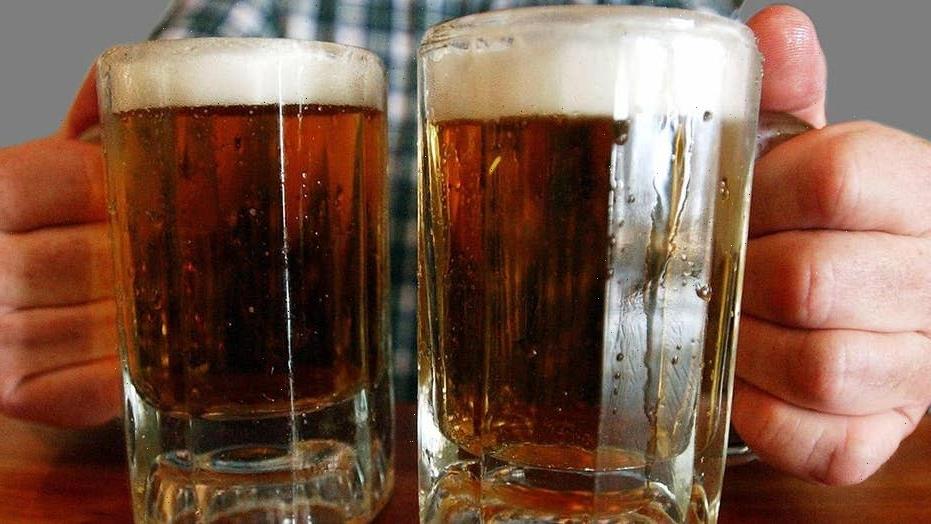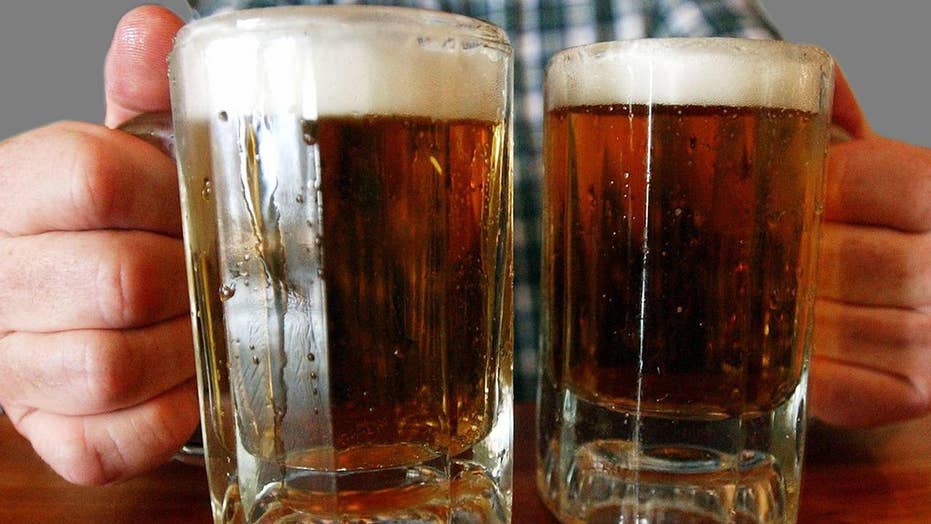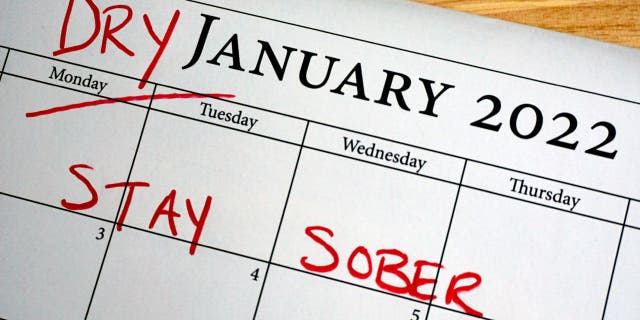‘Dry January’ gains popularity as more people try to cut back on alcohol
Reaction and analysis from Fox News radio host and contributor Tom Shillue.
For trendy health-conscious folks, the start of a new year sometimes means the start of Dry January.
The month-long public health campaign encourages people to abstain from alcohol as a way to improve wellness. Are there actual health benefits you can gain from Dry January? For the most part, experts say yes, but it’s not an absolute must for everyone to observe.
“Ultimately, sober months like Dry January can be harmless for the majority of the population who do not have a severe alcohol use disorder,” said Dr. Deni Carise, the chief science officer at the Recovery Centers of America. “Diagnoses are characterized as mild, moderate or severe. Those who drink heavily could encounter very serious health risks when quitting abruptly and should take caution.”
For trendy health-conscious folks, the start of a new year sometimes means the start of Dry January.
(iStock)
If you’re thinking of participating in Dry January this year, health considerations you should know before you ditch alcohol for 31 days.
Alcohol’s impact on physical health
Outside of saving money from all the alcoholic beverages, you won’t be purchasing for the month of January, the top health benefit you’ll receive is avoiding unnecessary calories. According to the USDA’s FoodData Central database, a can of beer is around 154 calories while a 5-ounce serving of wine is around 123 calories. Varying spirits and liquors like sake, whiskey, vodka, rum and gin tend to be under 100 calories, but that’s on a per-ounce basis that can quickly rack up when making a cocktail.
Calorie intake estimates published by the FDA state that men and women above the age of 21 can potentially consume 2,400 to 3,000 calories and 2,000 to 2,400 calories per day, respectively, depending on how active their lifestyles are.
US CONSUMERS WOULD RATHER GIVE UP ALCOHOL THAN FOOD DELIVERY: SURVEY
Avoiding alcohol could potentially improve your digestive system. Alcohol is considered a diuretic, meaning it increases the passing of urine, which can a dehydrating effect if you’re not drinking enough water. Moreover, a study conducted by The American Journal of Gastroenterology found that “heavy alcohol intake” appears to “exacerbate gastrointestinal symptoms in adults with irritable bowel syndrome,” which includes symptoms like abdominal and stomach pain, bloating, intestinal gas, diarrhea, constipation, nausea, heartburn and indigestion.
Drinking alcohol before bed has also been found to interrupt REM sleep and have insomnia-like effects,
(istock)
Drinking alcohol before bed has also been found to interrupt REM sleep and have insomnia-like effects, according to the Sleep Foundation. Refraining from alcoholic beverages at night and in general could potentially provide deeper, more consistent sleep, which might, in turn, offer more energy throughout the day.
Abstaining from alcohol can have positive effects on your mental health.
(iStock)
She continued, “On the positive side, allowing your body and brain to take a break from alcohol can potentially decrease cortisol and the stress it puts on the system, which allows for rest and repair. Since alcohol is a depressant, taking a break can also uncover if alcohol is masking emotional symptoms as a bandaid or is contributing to them by making anger, sadness and isolation feel worse.”
Appleton added that sober months like Dry January help people evaluate their relationship with alcohol.
“On the not-so-healthy side, if someone has an alcohol use disorder obviously stopping cold can lead to severe withdrawals, seizures and even death,” Appleton warned. “Understanding one’s relationship with alcohol is imperative before deciding to cut it off completely and suddenly.”
Source: Read Full Article









